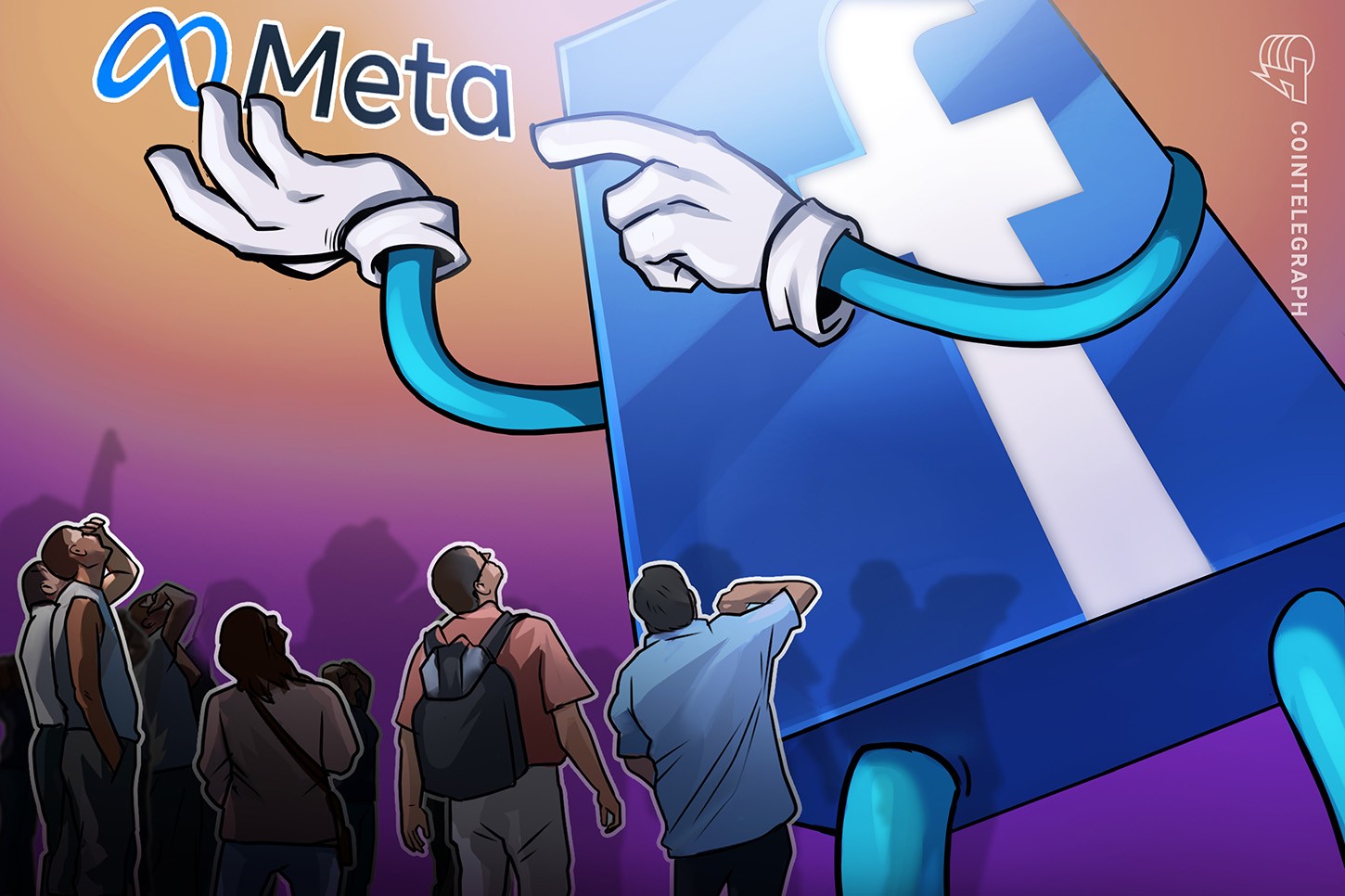Facebook Inc. announced Thursday that it has changed its company name to Meta — marking the first major rebrand for the social media giant.
The name change, which reflects the company’s growing ambitions beyond social media, was unveiled by CEO Mark Zuckerberg at the Facebook Connect conference. An accompanying news release laid out the company’s vision for creating a “metaverse” that connects online social experiences and the physical world.
Facebook Connect is an annual conference that brings together virtual reality developers, content creators and marketers. This year’s event is heavily focused on the metaverse concept, which has proliferated thanks to blockchain technology.
The names of the apps that we build—Facebook, Instagram, Messenger and WhatsApp—will remain the same.
— Meta (@Meta) October 28, 2021
The shift to Meta has been in the works since at least the summer when Facebook first announced the formation of a new team dedicated to building its metaverse. During its most recent earnings call, the company announced its intent to break out Facebook Reality Labs — its virtual reality hardware business — into its own segment beginning in the fourth quarter.
While the term “metaverse” has become a catch-all phrase for businesses looking to bridge virtual and physical worlds, the use of cryptocurrencies is considered to be a major boon to these environments. That’s because metaverses allow users to buy and sell virtual lands, avatars and even buildings directly. Several blockchain projects are attempting to champion the transition to the metaverse, including Axie Infinity, Decentraland and Enjin Coin, to name a few.
Related: Facebook pilots Novi crypto wallet with Coinbase, Paxos
Facebook’s head of metaverse products, Vishal Shah, said the company’s goal is to “provide a way for as many creators as possible to build a business in the metaverse.” He further explained:
“There will be many different kinds of creators in the metaverse. Creators who make digital objects, creators who offer services and experiences and those who build entire worlds like game creators do today.”
Shah said that businesses in the metaverse will be able to sell physical and digital goods, as well as experiences and services. They will have access to the social network’s ad services to promote their products and reach new audiences.
In describing “new types of ownership models,” Shah specifically mentioned nonfungible tokens, or NFTs. The new Meta platform will “make it easier for people to sell limited education digital objects like NFTs, display them in their digital spaces and even resell them to the next person securely.”
NFTs have exploded in popularity this year, with sales topping $10.7 billion in the third quarter alone. By comparison, sales reached a cumulative $2.5 billion in the first half of the year.


